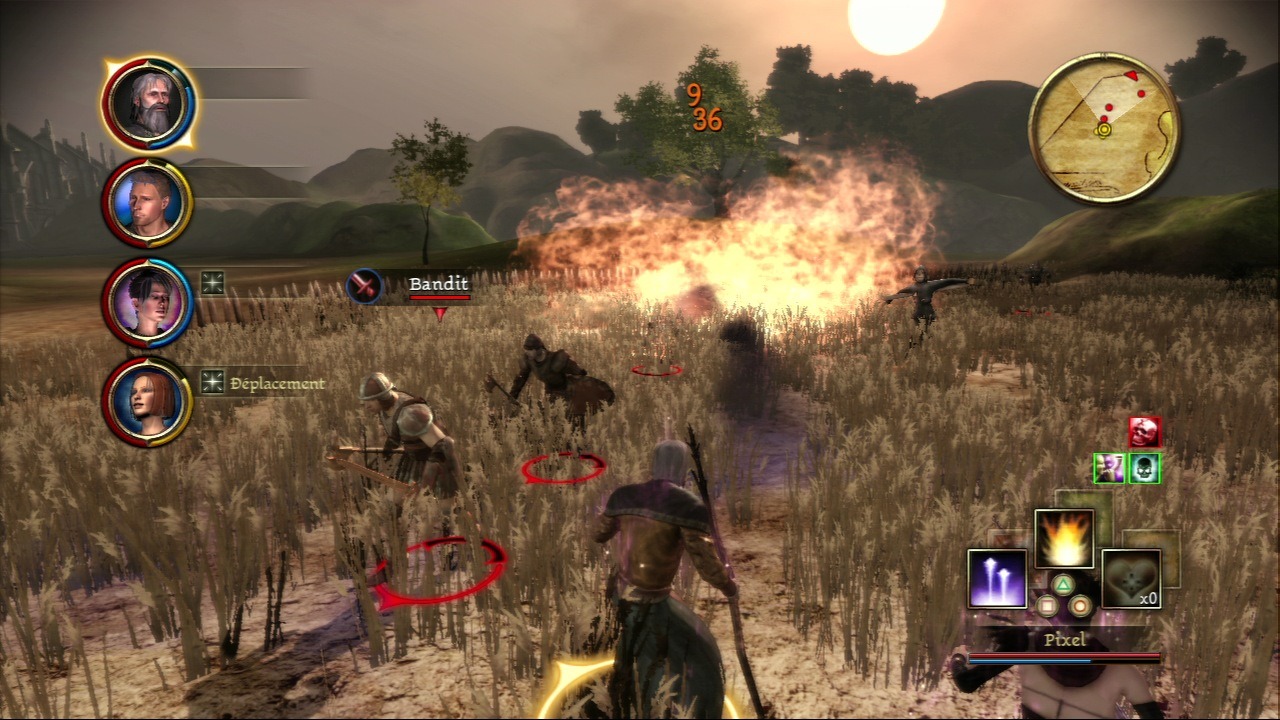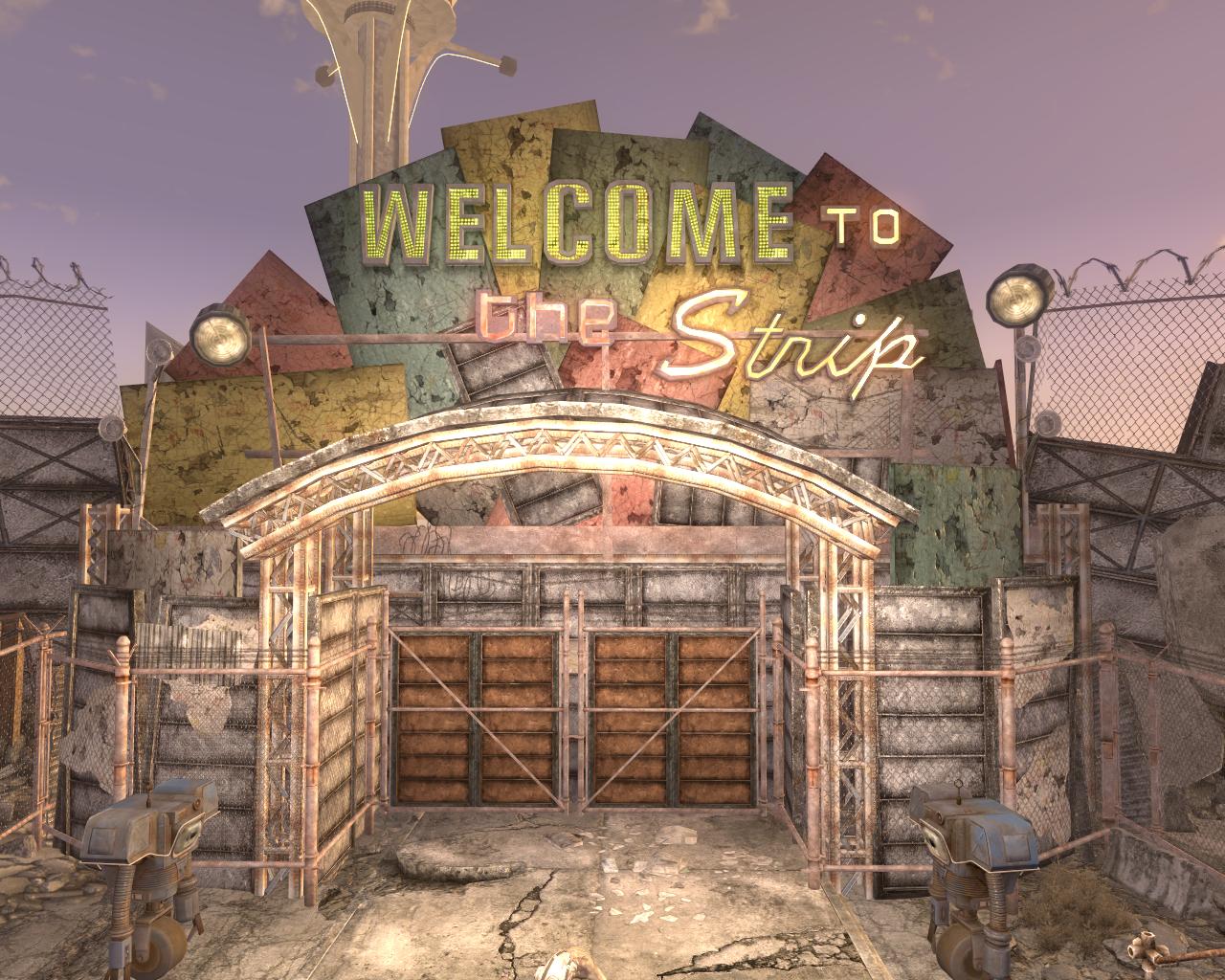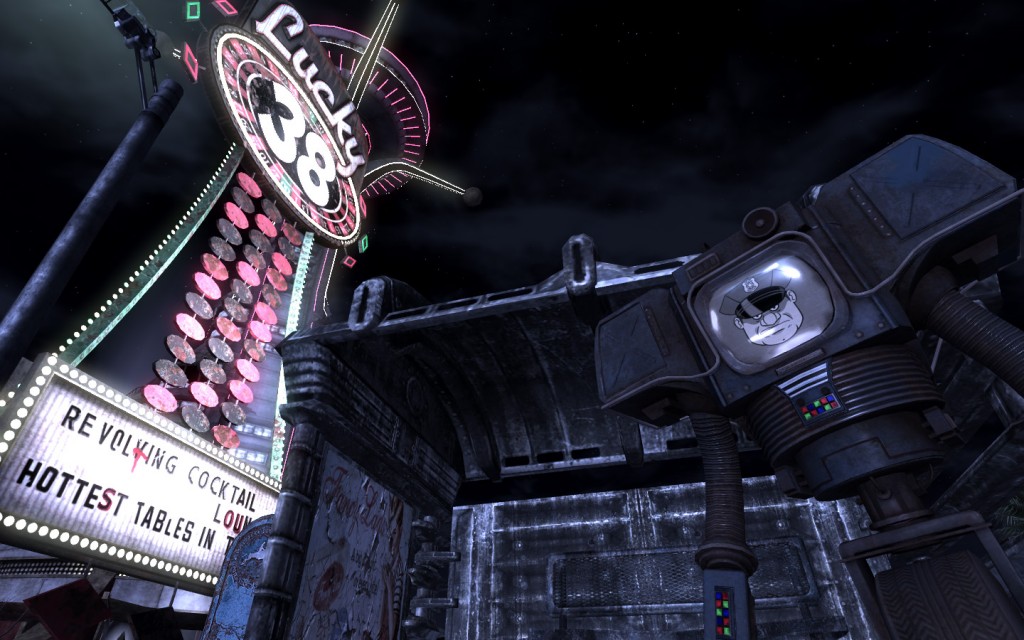Remember that thing that Westley was strapped to in The Princess Bride? You can't tell because of all the bells and whistles, but actually it was Final Fantasy XIII.
 |
| And look, there's Count Rugen mashing the X button. |
Listen, "Lightning," if that is your real name (spoilers! It's not)... You have a fold-up gunblade thing, and you clearly went to Cloud Strife's School for Jumping Higher Than is Reasonable for your Musculature and Height, but you are no where near the woman I was hoping you'd be. Celes would waste your puny ass. Ashe not only played the part, but looked so much better while doing so! Even Yuna grew a pair in her dress-changing sequel. Also, can we please comb your hair? It's driving me batshit crazy.
 |
| Straight on the top, wavy at the bottom. Why? WHY? |
The battles, though, that was the heart and soul of all this. Who cares how I advanced my characters, just so long as I could tactically and strategically... oh? What's that? Auto-battle? You mean, I don't have to do anything? I literally just mash the X button and hope that the AI is smart enough to beat ... well, itself, I guess? If Final Fantasy XII's gambit system was like watching a game masturbating, than this battle system was like watching a game trying to swallow its own tongue.
If I held out any hope for an engaging story, that was deftly bashed against the rocky walls of inanity like so much else in this game. To even understand half of the shit going on, I had to constantly stop action and read the obviously detailed Compendium of who was who, what was what, and why I cared. Except, here's the thing: I didn't care!
I guess I finished it. It's hard to remember, because I've gone through intensive therapy to forget most of what happened. The thought of playing the game long enough to get every trophy is beyond insipid. In an attempt to appeal to what was left of the faith I had in the game, there was an ability to continue playing after you beat the game, pretending that your final boss fight was a figment of your imagination, and now with the ability to fully develop each character's roles. It was like a New Game + that sucked, and I almost never hate that idea.
I recently put FFXIII back in the PS3 to have another go, but found myself quitting in disgust. I couldn't even bring myself to a second playthrough. And, I play through every game, at the absolute least, twice.
So, in short, Final Fantasy XIII certainly broke the conventions (as has been the style of FF games), I've come to know, but not in a good way: in fact, in a bad, bad way.















